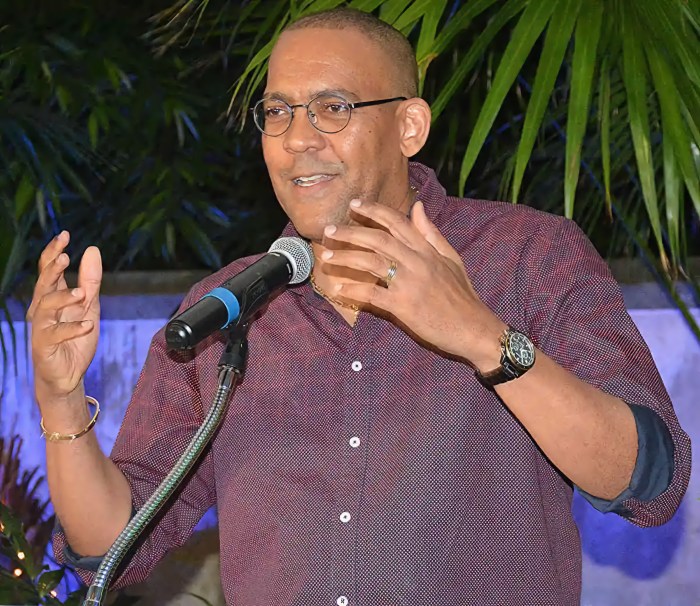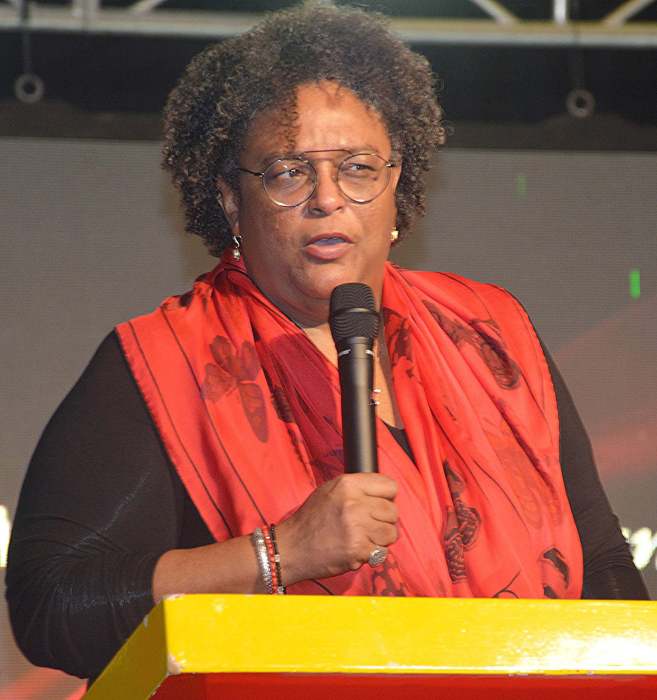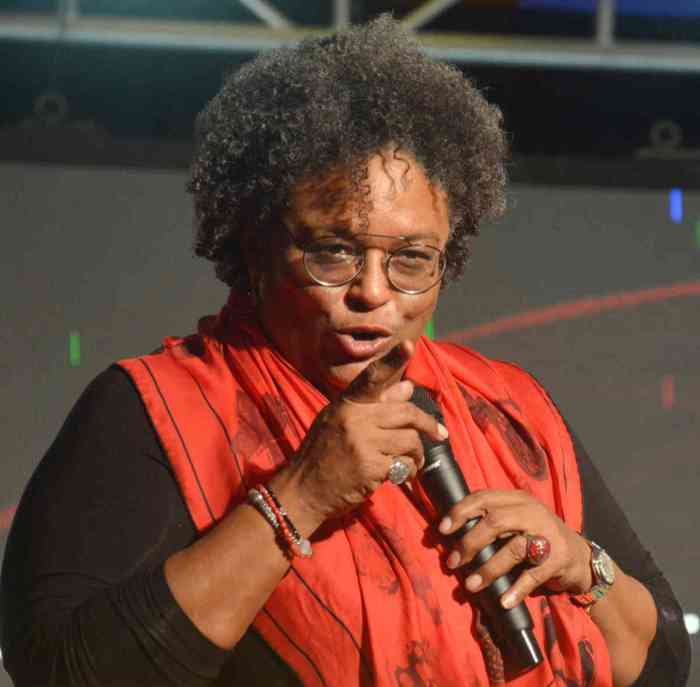The government of Barbados is fast running out of foreign reserve currency and Central Bank Governor, Cleviston Haynes has said that the administration urgently needs a financial injection, hopefully from an external source.
Haynes’ statement on government’s desperate position came as no surprise to most economy watchers as the foreign reserves had been on a freefall since 2012, but his recent revelation that the administration was left with only Bds$409.7 (Bds$1 = 50 cents US), which is equal to just 6.6 weeks of imports pointed to the gravity of the situation.
The international benchmark for any country’s foreign reserves holding requires such a fund to be at a level that is equal to at least 12 weeks of essential imports of the jurisdiction.
Haynes said, “what we need now are capital flows to boost those reserves… we therefore have to take the measures that will support an increase in those reserves.”
The bank governor said that among the required measures is adjustment in spending by government and private citizens.
He added, “we need to complement the adjustment effort with significant public and private capital inflows that restore the stock of reserves, at least in line with the twelve-week benchmark.”
As he delivered the review of Barbados’ 2017 economic performance, the banker contended that the current depleted state of the nation’s foreign exchange reserves, “reflected the on-going weakness in private sector capital flows and net public sector outflows, and the delay in the receipt of planned divestment proceeds that were intended to boost reserves.”
Among those planned divestments to which Haynes referred is the proposed sale of Barbados National Terminal Company Ltd, the sole oil importation and distribution agency that was supposed to be sold for US$100 million, but the transaction had been halted by the island’s trading regulators who objected to certain conditions of the sale and recommended that those settings be changed before it is approved.
Another state-owned asset that government had put on the selling block was the Hilton Hotel. This was reportedly sold for far less than the announced estimated value of US$100 million but the deal is yet to be finalised and the administration has not confirmed or denied the transaction.
Selling of assets was intended as a short-term measure to prop up the reserves while government stabilised an economy that continues to suffer from prolonged depression.
The two main pillars of Barbados’ economy that bring in significant foreign exchange are the tourism and international financial services sectors.
But tourism, in the last half of 2017, has produced lukewarm returns.
“Long-stay arrivals were buoyant in the first half of the year but a slowdown after September contained the increase to 4.4 per cent. In addition, the growth in long-stay arrivals was offset by an estimated 5.6 percent decline in the average length-of-stay of visitors from all major non-regional source markets,” Haynes reported, and said a ‘robust’ performance is expected in 2018.
While holding its own, growth in the international business sector continues to be stifled by new and demanding tax regulations in the home countries of offshore companies resident in Barbados.
These factors of depleted foreign reserves and dim chances of quick recovery paint a dismal picture for the Barbados economy, which is more than 70 percent dependent on imports for goods and inputs in its services.

























